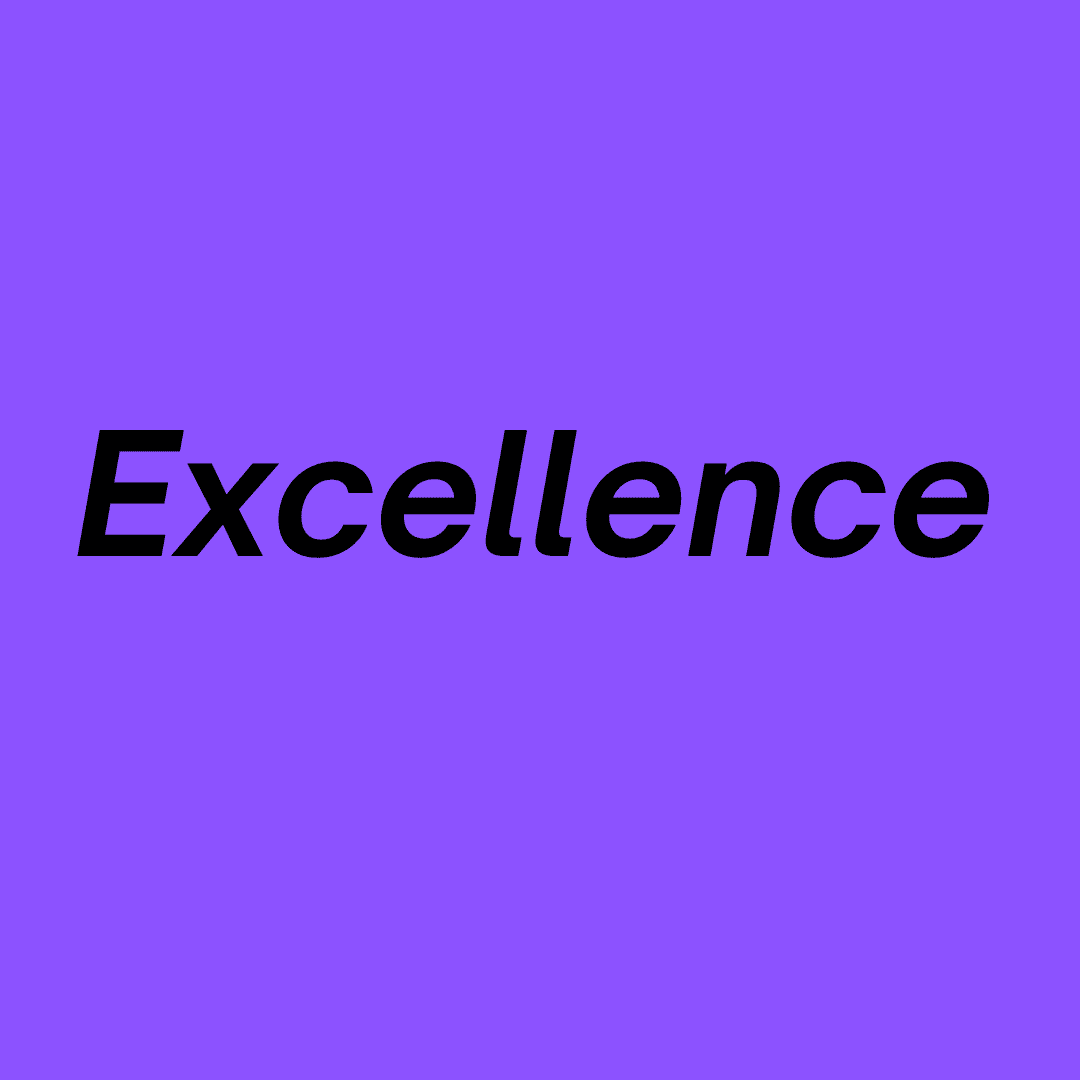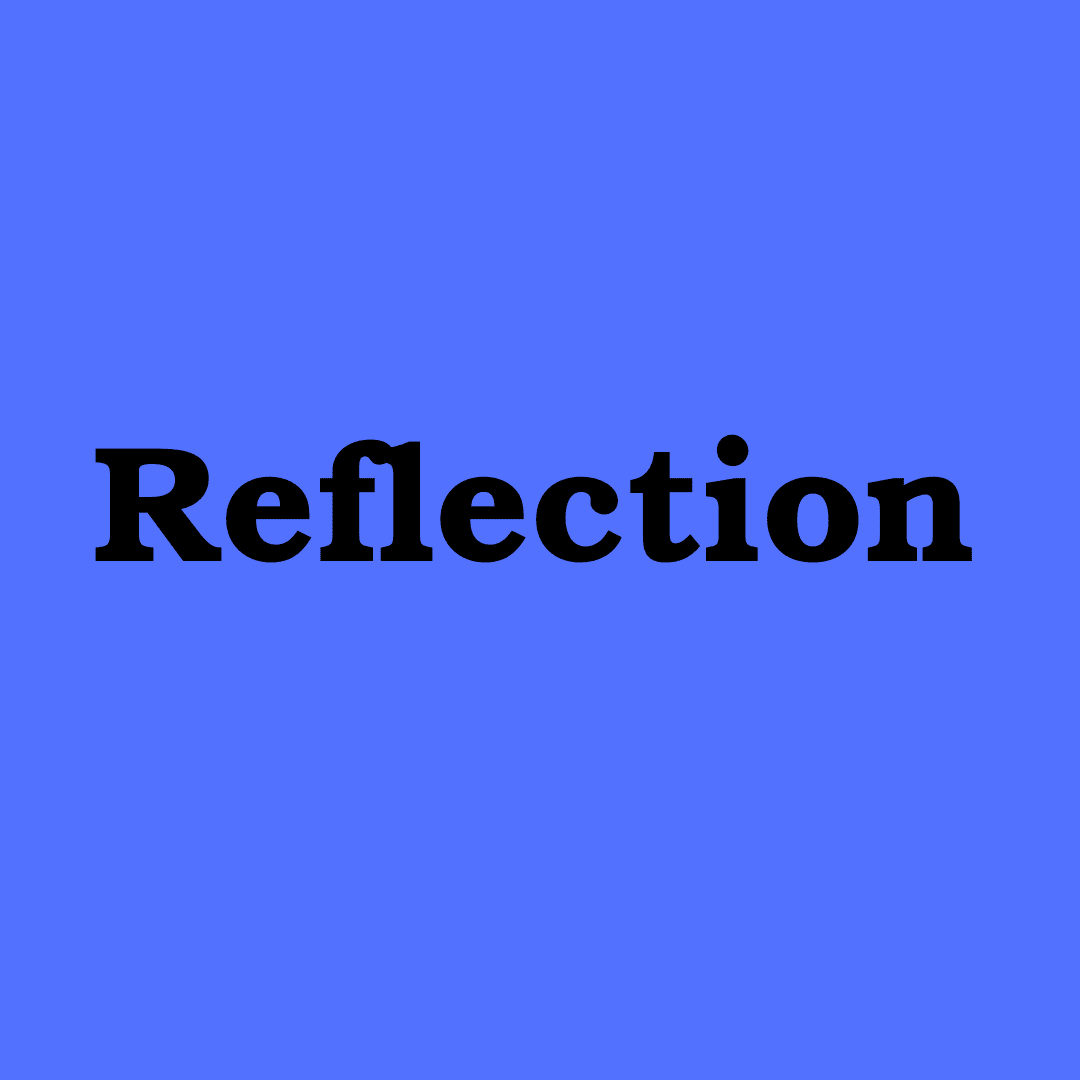It's January 2025: a timely moment to consider how music teachers guide our students’ musical development. This year, I’m inspired by a remarkable trio of life skills: persistence, excellence, and reflection. It’s amazing to consider how these three qualities play fundamental roles in our students’ musical development. Let's take a look.

Persistence: The Power of Sticking With It
Persistence is all about sticking to a task until it’s completed - while being acutely aware that there’s a cycle of growth and rest in learning to sing or play a musical instrument. This means that students’ musical progress doesn’t always show up when we anticipate. Sometimes their achievements may be a long ways off, and sometimes it’s just around the corner. The challenge with persistence is that students may not be able to see what’s going on underneath the surface. That’s where music teachers come in. We’re here to shed light on where students are successful - no matter how small or deeply buried - so that students can keep on going without getting bogged down.

Excellence: Authentic Striving
When music teachers promote excellence, we value students’ authentic participation especially in terms of the attitude and intention they bring to their musical journey. In other words, excellence isn’t just about achieving perfect results. It’s about taking pride in the journey, being honest about what’s going on, and adjusting our vision to match reality. As music teachers, excellence means creating spaces where we inspire our students to be authentic and to give their best. We support them in exploring their own personal potential. When music teachers help students embrace excellence, we acknowledge that students have an immense ability to challenge themselves. At the same time, we also recognize that a continuous diet of perfectionism can turn into burnout and discouragement. That’s why it’s important to keep reflection around.

Reflection: The Directional Compass
Reflection is the ability to think before and after we take action. It’s the practice of looking deeply into big picture and detailed perspectives. It’s about teachers checking in from time to time to analyze and interpret our students’ learning processes - mentally, emotionally, physically, and spiritually. We question what kind of support will help our students right now and in the future. With reflection, music teachers and students intentionally consider different alternatives and the consequences of several possible directions. We avoid getting caught in repetitious cycles that move only in one direction. Without reflection, it’s easy for anyone to lose sight of what’s going on. Persistence can become mindless repetition. And excellence can turn into unreachable ideals, disconnected from personal health and wellness.
A Cycle of Interaction
What makes these three life skills so powerful is the way they interact with each other. Just consider how persistence contributes to excellence by providing the continuity to make things happen. And excellence without persistence can easily turn into a distant dream. When we combine persistence and excellence with reflection, there’s an assurance that we remain on track, making necessary adjustments along the way. Without reflection, persistence and excellence can unfortunately become exercises in going nowhere. Persistence, excellence, and reflection form a powerfully interconnected cycle of life skills for music teachers and students.
Here are three ways music teachers may incorporate these life skills into our teaching in 2025:
1. Cultivate Persistence: Remind students that success comes through keeping going and making room for growth and rest along the way.
2. Strive for Excellence: Help students set meaningful goals for themselves that embrace their authentic self mentally, emotionally, physically, and spiritually.
3. Encourage Reflection: Engage students in reflective processes during their lessons and shed light on students’ musical development over time.
As a music teacher, which life skills do you reinforce in your teaching?
Which life skills could benefit from more attention?
What can you do to help your students build on and exercise these three life skills?
All the best in 2025 and beyond.
